Explore the Cost of Stem Cell Therapy for Diabetes in Turkey
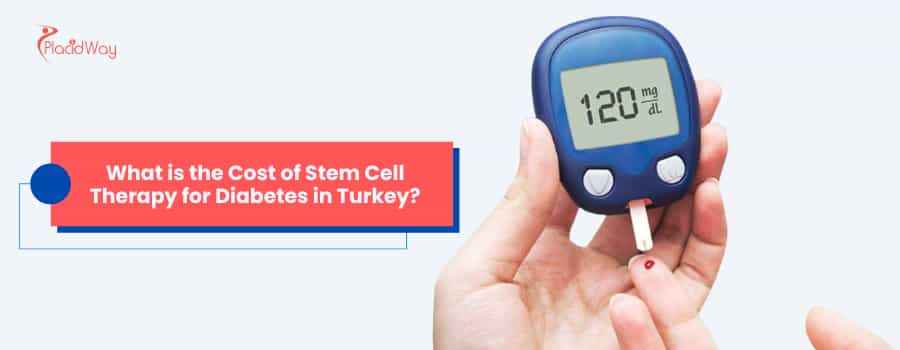
Are you exploring new avenues for managing diabetes? Stem cell therapy for diabetes in Turkey is emerging as a promising option, offering potential for improved quality of life and reduced reliance on traditional treatments. This innovative approach focuses on the body's natural regenerative capabilities to address the root causes of diabetes. As a growing number of individuals seek advanced and affordable healthcare solutions abroad, Turkey has positioned itself as a leading destination for medical tourism, providing cutting-edge treatments like stem cell therapy. This guide will walk you through the essential questions and answers about this groundbreaking procedure.
What is Stem Cell Therapy for Diabetes?
"Stem cell therapy for diabetes is a regenerative medical treatment that uses stem cells to help repair or replace damaged pancreatic cells, potentially restoring the body's ability to produce or effectively use insulin."
This therapy harnesses the unique ability of stem cells to differentiate into various cell types. In the context of diabetes, the goal is to introduce healthy stem cells into the body that can develop into insulin-producing beta cells, which are deficient or dysfunctional in individuals with diabetes. By regenerating these crucial cells, stem cell therapy aims to improve blood sugar control and, in some cases, reduce or eliminate the need for insulin injections.
The procedure can be beneficial for both Type 1 and Type 2 diabetes. For Type 1, where the immune system destroys beta cells, stem cell therapy can help replenish the lost cells. For Type 2, where the body develops insulin resistance, the therapy can improve the function of existing pancreatic cells and enhance insulin sensitivity throughout the body.
How Does Stem Cell Therapy for Diabetes Work?
>"The mechanism of stem cell therapy for diabetes involves the administration of stem cells, which then migrate to the pancreas. There, they can differentiate into insulin-producing cells, reduce inflammation, and modulate the immune system to protect the newly formed cells."
The process begins with the harvesting of stem cells, often from the patient's own body (autologous transplant) from sources like bone marrow or adipose (fat) tissue. In some cases, allogeneic stem cells from a screened donor's umbilical cord tissue are used. Once collected and processed in a specialized lab, these stem cells are introduced back into the patient's body, typically through an intravenous (IV) infusion.
These intelligent cells have a natural homing mechanism that draws them to areas of injury and inflammation, such as a damaged pancreas. Upon reaching the pancreas, they can have several beneficial effects:
- Regeneration: They can differentiate into new, healthy beta cells, increasing the pancreas's capacity to produce insulin.
- Immunomodulation: They can help regulate the immune system, which is particularly important in Type 1 diabetes to prevent the ongoing destruction of beta cells.
- Anti-inflammatory Effects: Stem cells can reduce inflammation in the pancreas and throughout the body, which is a contributing factor to insulin resistance in Type 2 diabetes.
What is the Cost of Stem Cell Therapy for Diabetes in Turkey?
"The cost of stem cell therapy for diabetes in Turkey typically ranges from $5,000 to $15,000 USD, although some sources cite higher-end packages. The final price depends on the clinic, the type of stem cells used, the number of sessions required, and the inclusiveness of the treatment package."
Compared to the United States and many European countries, Turkey offers a significantly more affordable option for this advanced treatment without compromising on quality. The lower cost is attributed to the country's lower cost of living and operational expenses for medical facilities.
It's important to note that the price can vary. Factors influencing the cost include:
- Type of Stem Cells: The source of the stem cells (e.g., bone marrow, adipose tissue, umbilical cord) can affect the price.
- Number of Treatments: Some patients may require multiple infusions to achieve the desired results.
- Clinic Reputation and Location: Highly reputable clinics in major cities like Istanbul may have different pricing structures.
- Package Inclusions: Many clinics offer all-inclusive packages that cover the treatment, accommodation, airport transfers, and interpreter services.
What are the Success Rates of Stem Cell Therapy for Diabetes in Turkey?
"The success rates of stem cell therapy for diabetes in Turkey are promising, with many patients reporting significant improvements in their condition. Success is often measured by a reduction in insulin dependence, better blood sugar control, and an overall enhancement in quality of life."
While it's crucial to have realistic expectations, clinical studies and patient testimonials indicate positive outcomes. Success can manifest in several ways:
- Reduced Insulin Dosage: Many patients with Type 1 diabetes are able to significantly decrease their daily insulin injections.
- Improved Glycemic Control: Patients often experience more stable blood sugar levels, with fewer spikes and crashes.
- Increased C-peptide Levels: This indicates that the pancreas is beginning to produce its own insulin again.
- Complete Insulin Independence: In some remarkable cases, patients have been able to stop insulin injections altogether.
The success of the treatment can be influenced by factors such as the patient's overall health, the duration of their diabetes, and their adherence to post-treatment lifestyle recommendations.
Is Stem Cell Therapy for Diabetes Legal and Regulated in Turkey?
>"Yes, stem cell therapy for diabetes is legal and regulated in Turkey. The Turkish Ministry of Health oversees the implementation of regenerative medicine practices, ensuring that clinics adhere to strict safety and quality standards."
Turkey has established a robust legal framework to govern the use of stem cells in medical treatments. This ensures that procedures are performed in accredited facilities by qualified medical professionals. The regulations cover the ethical sourcing of stem cells, their processing in certified laboratories, and their clinical application. This regulatory oversight provides a level of safety and assurance for international patients seeking treatment in the country.
Which Types of Diabetes Can Be Treated with Stem Cell Therapy?
"Both Type 1 and Type 2 diabetes can be treated with stem cell therapy. The therapeutic approach and expected outcomes may differ slightly between the two types."
For Type 1 diabetes, the primary goal is to replace the beta cells destroyed by the autoimmune attack. By introducing new, healthy cells, the therapy aims to restore the body's ability to produce insulin.
For Type 2 diabetes, the focus is more on improving insulin sensitivity and enhancing the function of the existing pancreatic cells. The anti-inflammatory and regenerative properties of stem cells can help combat the underlying issues of insulin resistance.
What Types of Stem Cells are Used for Diabetes Treatment in Turkey?
"The most common types of stem cells used for diabetes treatment in Turkey are mesenchymal stem cells (MSCs). These are multipotent adult stem cells that can be sourced from the patient's own bone marrow or adipose tissue, or from a donor's umbilical cord tissue."
Mesenchymal stem cells are favored for their potent regenerative, anti-inflammatory, and immunomodulatory properties.
- Adipose-Derived Stem Cells: These are harvested from the patient's fat tissue through a simple liposuction procedure.
- Bone Marrow-Derived Stem Cells: These are collected from the patient's hip bone.
- Umbilical Cord-Derived Stem Cells: These are sourced from the Wharton's jelly of a donated umbilical cord after a healthy birth. These cells are known for their high potency and low risk of immune rejection.
What Can I Expect During the Stem Cell Therapy Procedure in Turkey?
"The stem cell therapy procedure for diabetes in Turkey is a multi-step process that begins with a thorough medical evaluation. This is followed by the collection and processing of stem cells, and then their administration, which is typically a minimally invasive intravenous infusion."
The patient journey usually involves the following stages:
- Initial Consultation: A detailed review of your medical history and current health status.
- Pre-Treatment Tests: Blood tests and other diagnostics to ensure you are a suitable candidate for the therapy.
- Stem Cell Collection: If using your own cells, a procedure to harvest them from your fat tissue or bone marrow will be performed under local anesthesia.
- Cell Processing: The collected cells are sent to a specialized laboratory to be isolated, purified, and multiplied.
- Stem Cell Administration: The prepared stem cells are infused into your body through an IV drip, a process that is generally painless and takes a few hours.
- Post-Treatment Monitoring: You will be monitored for a short period after the infusion to ensure there are no immediate side effects.
What are the Risks and Potential Side Effects of Stem Cell Therapy for Diabetes?
"The risks associated with stem cell therapy for diabetes are generally low, especially when performed in a reputable and regulated clinic. Potential side effects are typically mild and temporary, including fatigue, headache, or a low-grade fever after the infusion."
Because the procedure is minimally invasive and often uses the patient's own cells, the risk of serious complications is minimal. The most common side effects are short-lived and resolve on their own.
However, as with any medical procedure, there are some potential risks to be aware of:
- Infection: There is a small risk of infection at the collection or infusion site.
- Pain or Discomfort: Some patients may experience temporary soreness at the site of stem cell collection.
- Ineffectiveness: There is a possibility that the treatment may not produce the desired results for every individual.
Choosing a certified clinic with experienced doctors significantly minimizes these risks.
How Long is the Recovery Period After Stem Cell Therapy?
>"The recovery period after stem cell therapy for diabetes is typically very short. Most patients can resume their normal daily activities within a day or two after the procedure."
Since the administration of stem cells is done through an IV infusion, there is no significant downtime. If stem cells are harvested from your own body, you might experience some minor bruising or soreness at the collection site for a few days. Your doctor will provide specific post-treatment instructions, which may include dietary and lifestyle recommendations to support the effectiveness of the therapy. It's important to remember that while the immediate recovery is quick, the full regenerative effects of the stem cells will become more apparent over the following weeks and months.
Ready to explore how stem cell therapy for diabetes in Turkey can help you? Explore PlacidWay for solutions related to medical tourism and healthcare services.


.png)




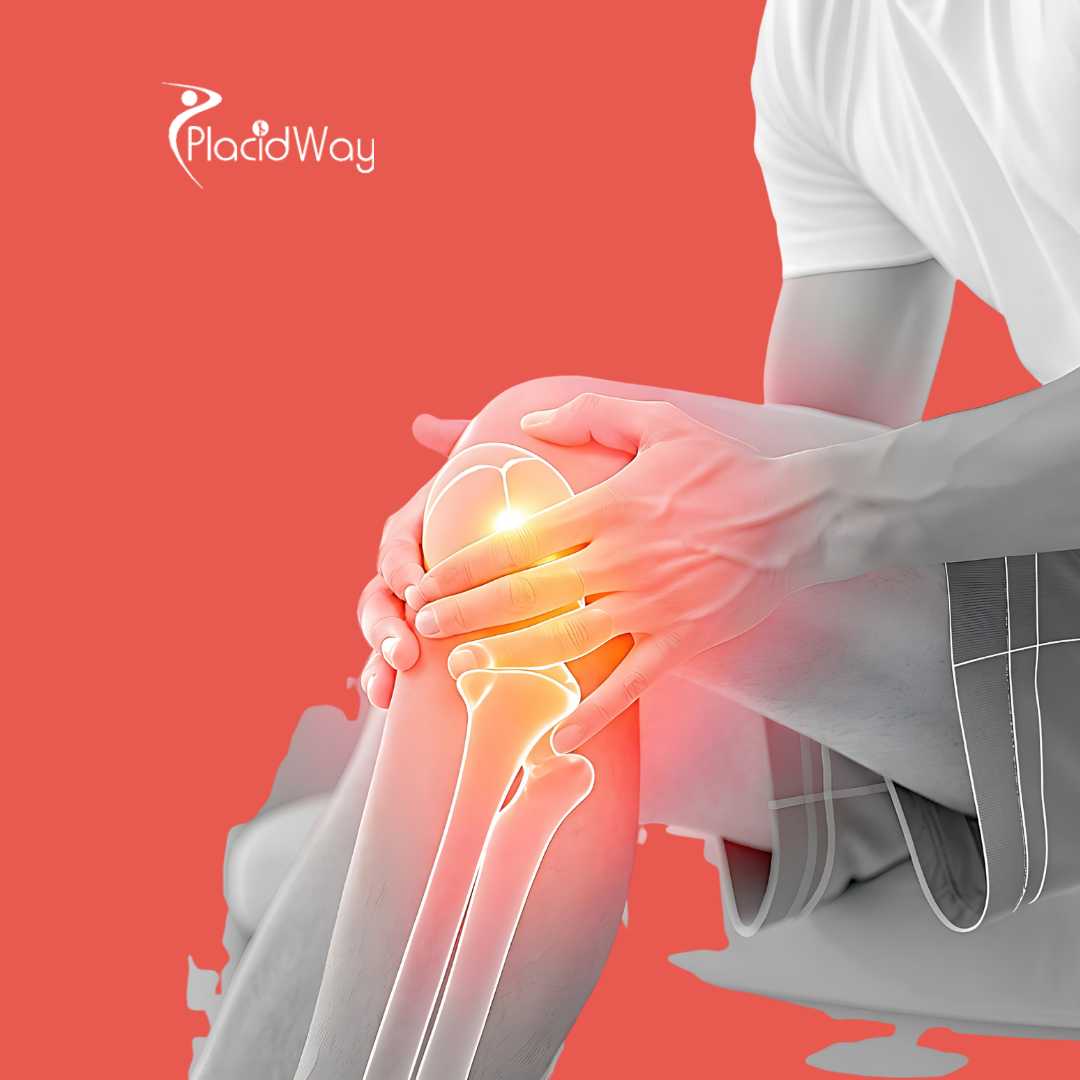
.png)
.jpg)


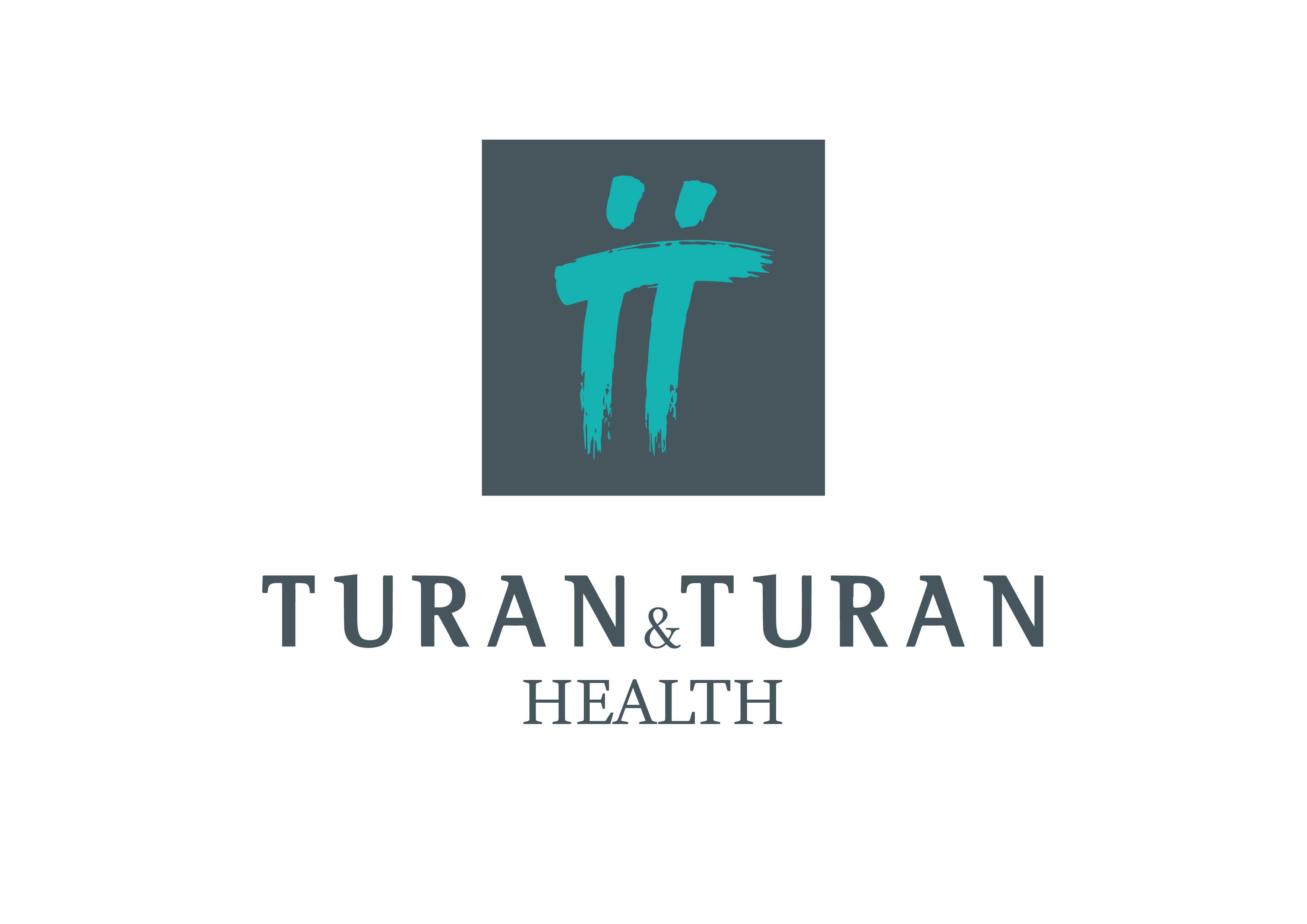
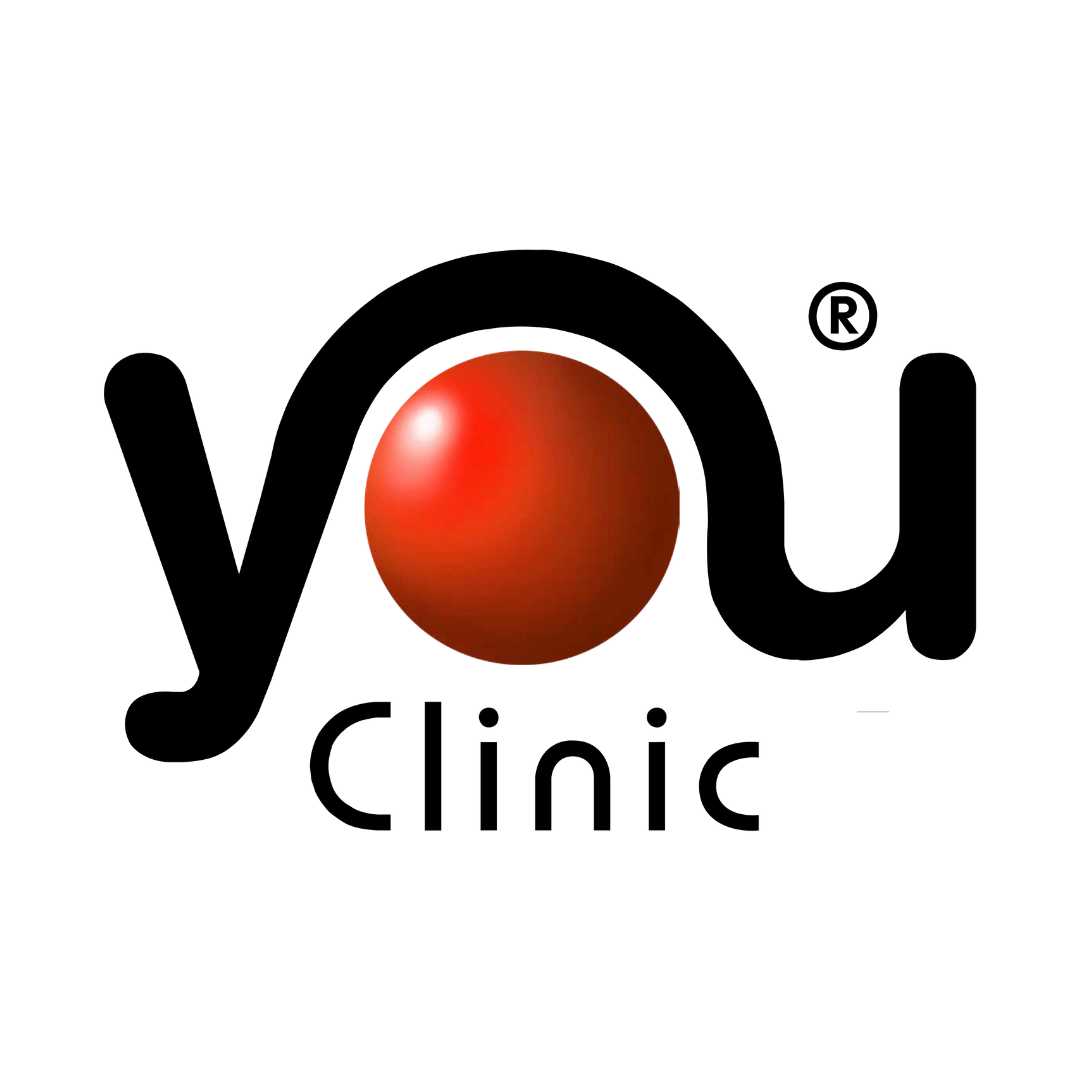

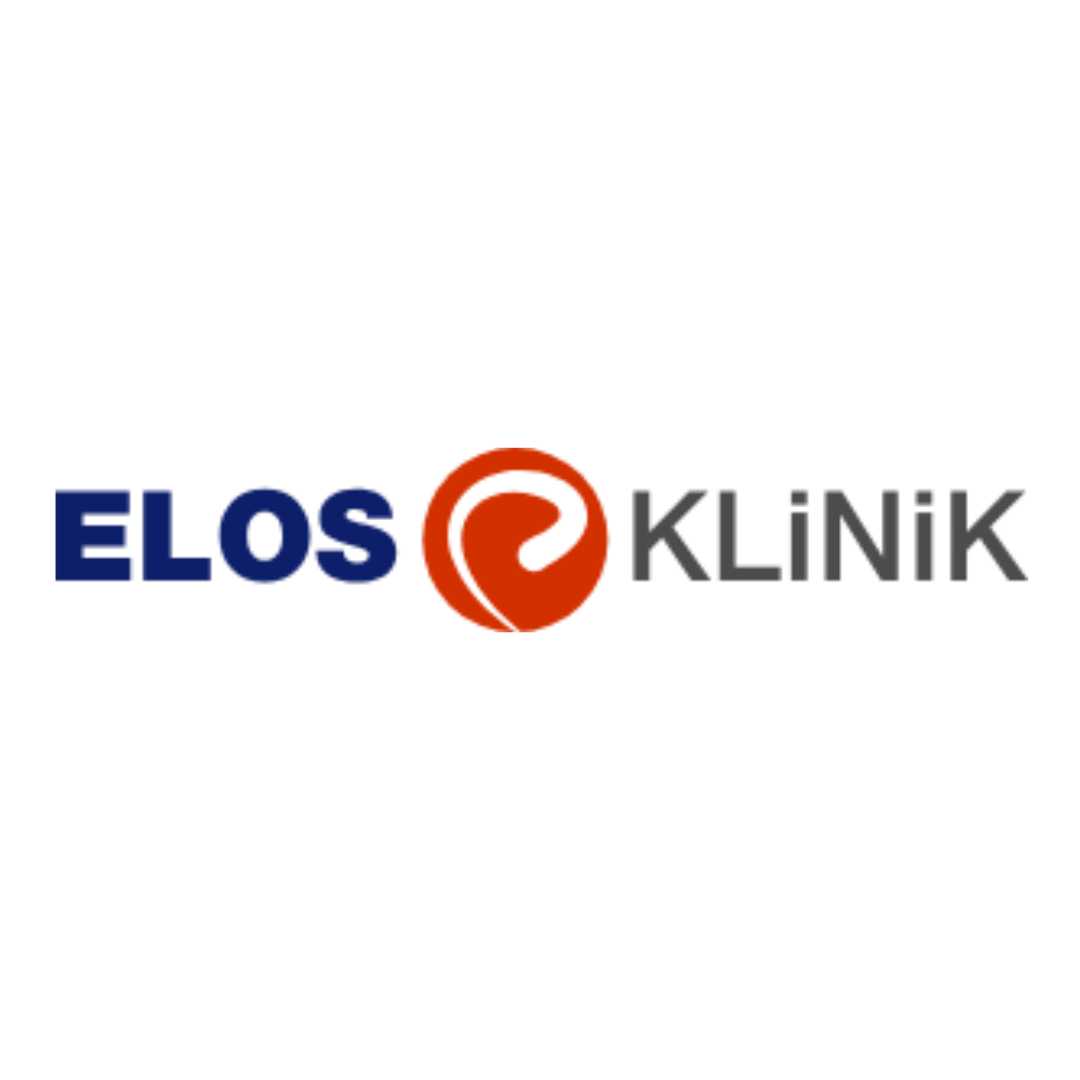

Share this listing